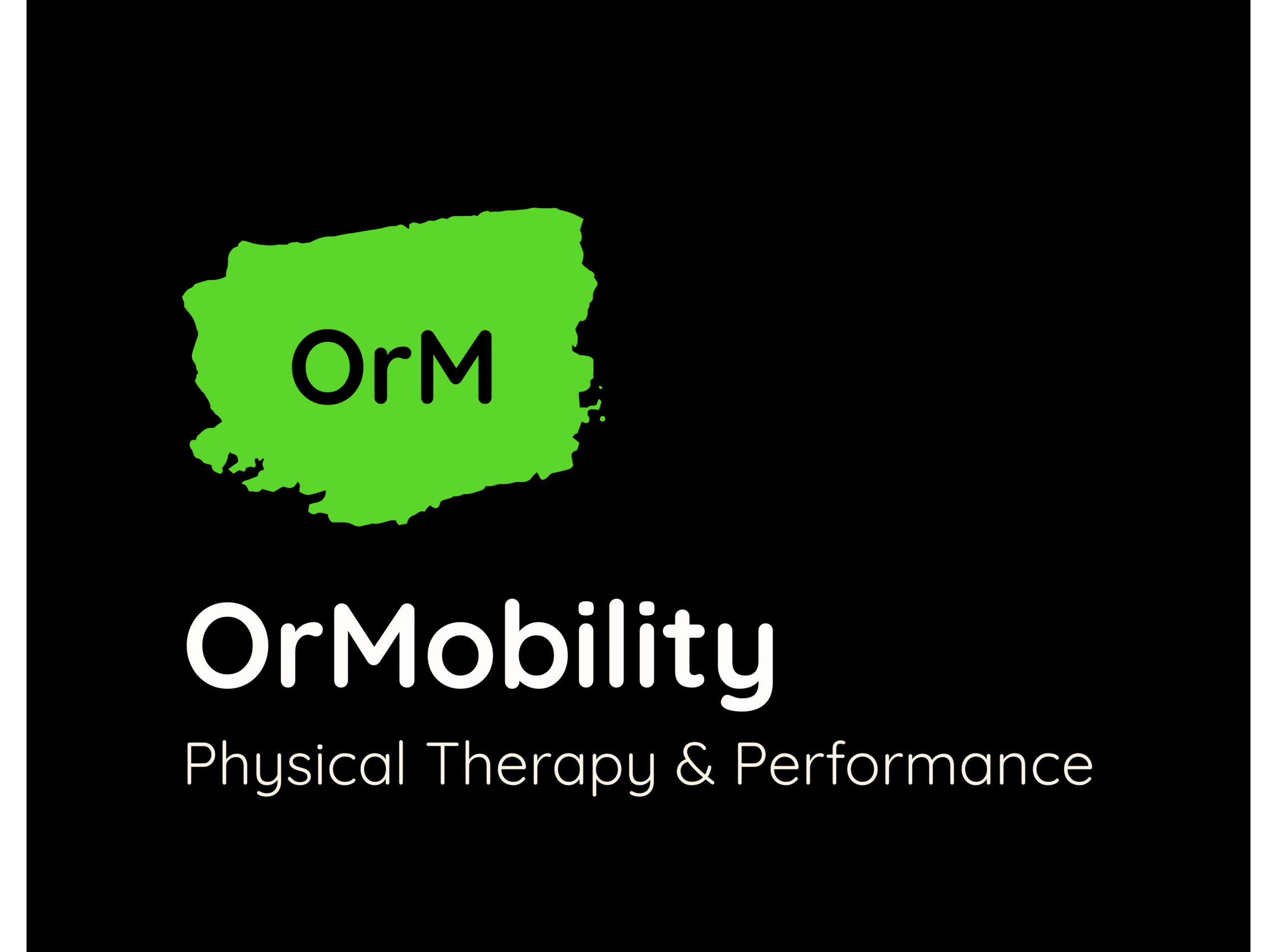Is Sleep the Best Medicine? Exploring the Health Benefits of Quality Rest
In our fast-paced world, where productivity and achievement often take precedence, the value of sleep is often underestimated. As a registered nurse at OrMobility Physical Therapy & Performance in Roseburg, Oregon, I’ve witnessed firsthand the transformative power of quality sleep on overall health and well-being. In this blog post, we’ll delve into the health benefits of sleep and explore why it may indeed be the best medicine for optimal health and vitality.
The Importance of Quality Sleep
Sleep is a fundamental biological need that is essential for physical, mental, and emotional health. During sleep, the body undergoes a myriad of processes that are critical for overall well-being, including tissue repair, immune function, hormone regulation, and memory consolidation. Quality sleep is not just about the quantity of hours spent in bed but also the depth and restfulness of sleep achieved.
Health Benefits of Quality Sleep
- Enhanced Cognitive Function: Adequate sleep is crucial for cognitive function, including memory, concentration, and decision-making skills. Quality sleep improves cognitive performance, creativity, and problem-solving abilities, allowing you to function at your best both mentally and emotionally.
- Improved Immune Function: Sleep plays a vital role in supporting the immune system, helping the body fight off infections, viruses, and other pathogens. Chronic sleep deprivation has been linked to increased susceptibility to illness and prolonged recovery times.
- Better Mood Regulation: Sleep influences mood regulation and emotional well-being. Quality sleep enhances mood stability, resilience to stress, and overall emotional health. On the other hand, chronic sleep deprivation can lead to irritability, mood swings, and symptoms of anxiety and depression.
- Optimal Physical Health: Sleep is essential for physical health and vitality. Quality sleep supports cardiovascular health, metabolic function, weight management, and muscle recovery. Chronic sleep deprivation has been associated with an increased risk of chronic health conditions such as obesity, diabetes, hypertension, and heart disease.
- Enhanced Athletic Performance: Athletes and active individuals rely on quality sleep for optimal performance and recovery. Sleep supports muscle repair, energy restoration, and coordination, leading to improved athletic performance and reduced risk of injury.
Exploring Sleep as Medicine
When we consider the numerous health benefits of quality sleep, it’s clear that sleep can indeed be considered one of the best forms of medicine for overall health and vitality. While medications and medical interventions have their place in treating specific health conditions, the healing and rejuvenating effects of sleep are unmatched.
Tips for Achieving Quality Sleep

- Establish a Consistent Sleep Schedule: Go to bed and wake up at the same time every day, even on weekends, to regulate your body’s internal clock.
- Create a Relaxing Bedtime Routine: Develop a calming bedtime routine to signal to your body that it’s time to wind down. Activities such as reading, taking a warm bath, or practicing relaxation techniques like deep breathing or meditation can help promote relaxation and ease into sleep more effectively.
- Optimize Your Sleep Environment: Create a sleep-friendly environment that is cool, dark, and quiet. Invest in a comfortable mattress and pillows that provide adequate support, and consider using blackout curtains or white noise machines to block out distractions.
- Limit Stimulants Before Bed: Avoid stimulants such as caffeine, nicotine, and alcohol in the hours leading up to bedtime, as they can interfere with sleep quality and duration.
- Practice Stress Management: Chronic stress and anxiety can disrupt sleep patterns and lead to sleep disturbances. Practice stress-reducing techniques such as mindfulness meditation, deep breathing exercises, or progressive muscle relaxation to promote relaxation and ease into sleep more effectively.
Conclusion: Embracing the Healing Power of Sleep
In conclusion, sleep is a powerful form of medicine that is essential for overall health and well-being. By prioritizing quality sleep and implementing healthy sleep habits into your daily routine, you can unlock the numerous health benefits that sleep has to offer. Remember, sleep is not just downtime; it’s an essential component of your overall health and vitality. So, prioritize rest, rejuvenate your body and mind, and reap the rewards of quality sleep for a healthier, happier life.


